⌂ How One Remarkable Reader Changed My Life
On friendship, asking questions, and improving our art
For
, with gratitude“You are giving me so much joy I feel I should be paying you,” was Robin’s first comment on my timeline.
This was back in 2018, years before I would join Substack, and years before I understood the power of her words.
I didn’t know Robin personally yet. Or at all. She was just one of the people who read my social media posts and enjoyed living vicariously through my adventures.
I hit the like button on her comment to let Robin know I’d read it, but I didn’t engage with her.
Was I shy? Busy? Uncomfortable with her compliment? Whatever the reason, it was an injustice. I shouldn’t have taken her kindness for granted. Hers was an exceptionally generous response.
Traveling With Robin
Robin, fortunately, didn’t give up on me. She kept leaving encouraging comments: “If there were a Facebook caption contest,” she wrote below my photo of the Pretoria fountain in Palermo, “I’d urge you to submit this one, Claire.”
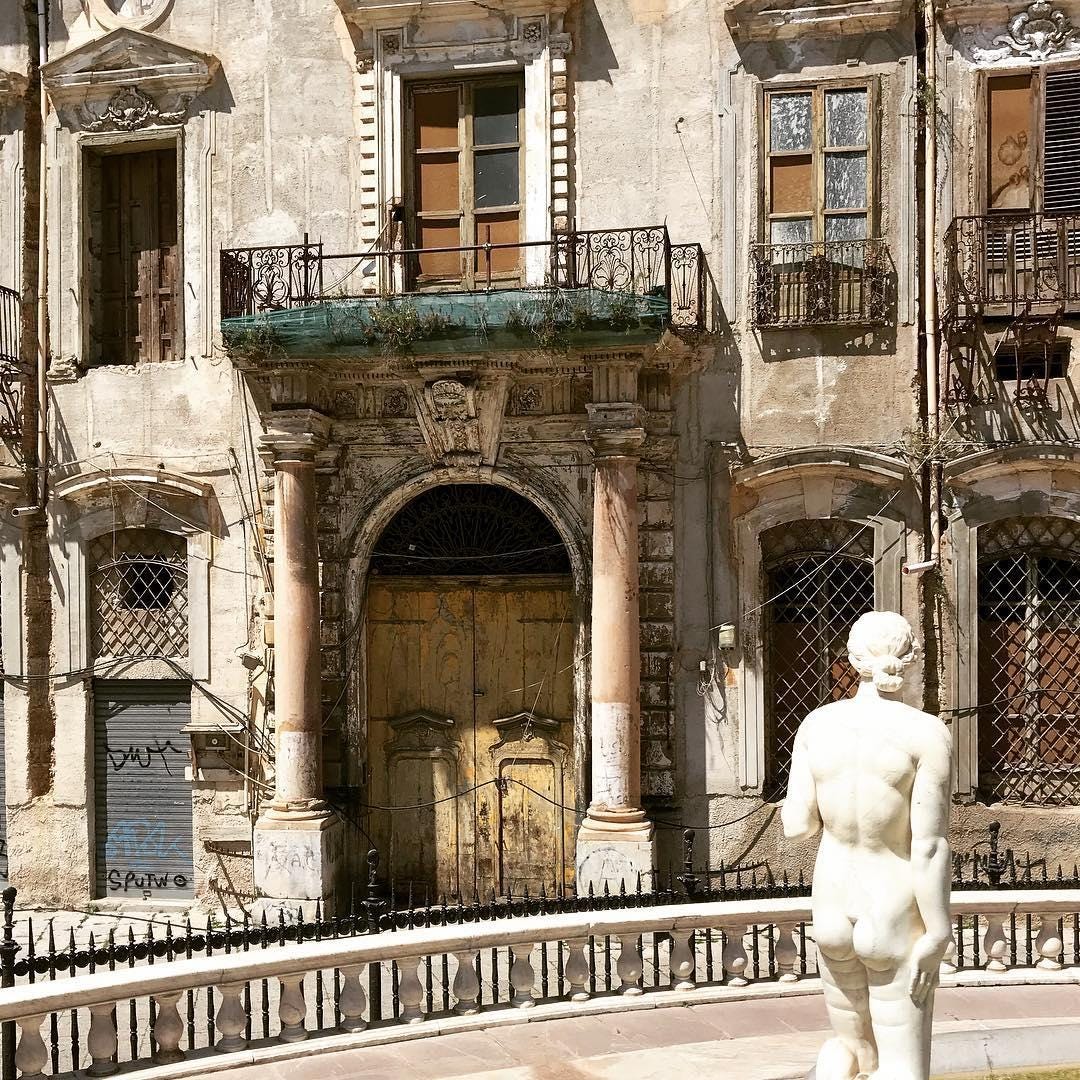
It wasn’t until I moved from a haunted palazzo in Sicily’s capital to a tiny apartment in Venice that Robin and I truly got to know each other. She was a fellow writer, an editor, and a capital defense lawyer living in New York City. We had entire conversations beneath my posts. We discovered our shared love for obscure books, Emily Dickinson, ominous clouds, and flowers in all their wildness. Our bond grew faster than the rings of a tree, and we soon expressed our wish to meet in real life.
But there was this large ocean between us—literally.
In the fall of 2019, when Daniel (my husband) and I traveled to Morocco, Robin’s intense curiosity traveled with us. She peppered me with questions that I couldn’t answer without doing more research.
“Do all mosques have separate entrance gates for women?” she asked in a comment. “Is there anything inside a minaret?”
Whenever I walked around, I imagined Robin with me, looking over my shoulder, pointing at what intrigued her.
Robin apologized for being so demanding. But I loved her inquisitiveness and anticipated her questions with joy. It felt as though she’d just returned from another dimension and saw everything anew.
Whenever I walked around, I imagined Robin with me, looking over my shoulder, pointing at what intrigued her. I became more observant and probing, photographing details with her in mind. I got better at talking to strangers, overcoming a shyness that had always held me back. Making inquiries for myself remained hard, but doing so for the sake of my most invested reader was another story.
I had a responsibility to fulfill, an extra soul to satisfy. My writing improved.
Around this time, I learned that Robin was physically unable to travel, and that she saw my journey as a way to explore the world. Not by reading a polished travelogue or consult a guidebook, but by arriving as a novice in an unknown place. Just like me.
“I can’t wait to see where Claire and Daniel go today!” she would tell her partner in the morning.
After posting a story, I would turn to Daniel, saying: “Let’s see what Robin thinks about all this!”
It was amazing. We were living parallel lives.
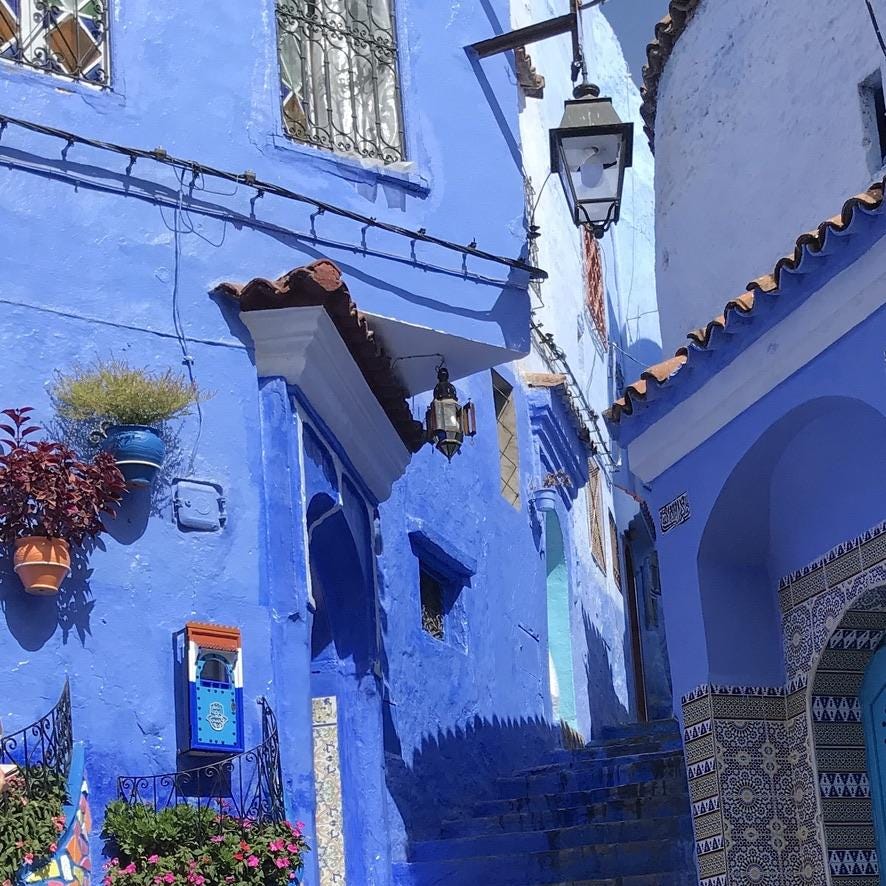
The Pandemic
By the end of the year, Daniel and I traveled through New York on our way to Florida—a chance for Robin and I to meet. Her health was unfortunately so fragile that her doctors advised her not to get close to anyone freshly off a plane, especially if they (like me) hadn’t been vaccinated in the US against the flu.
Covid-19 had yet to become a worldwide threat.
While I roamed the Metropolitan Museum, photographing portraits of strong women, Robin and I sent each other strings of messages. Once again it felt as though she were walking alongside me.
“I believe that there are invisible threads that bind some of us to one another and you and I have a very strong one,” she later wrote.
Robin sat on the back of my bicycle as I toured the abandoned temples of Cambodia’s Angkor Wat. The fears around a deadly virus were now growing.
Daniel and I took our nomad life to Asia in February 2020, when only Wuhan was taken off the tourist map.
Robin joined us in Thailand, on semi-paradisiacal Ko Phi Phi, and in Bangkok’s imperial palace. She was there in Chiang Mai as I helplessly witnessed a Thai girl confessing her sorrows to a stone cobra. Her encouragement to write about this episode in more detail helped me address my white guilt and enlarge my empathy.
Robin sat on the back of my bicycle as I toured the abandoned temples of Cambodia’s Angkor Wat. The fears around a deadly virus were now growing. Chinese travelers were no longer welcome abroad, and Western tourists feared what some people ignorantly called the “Asian virus.”
For two weeks, we braved the heat and communed with jungle and stone. It was eerily magical without the crowds.
Daniel and I were in Vietnam when the WHO declared the COVID-19 outbreak a pandemic. Should we return to Europe where the disease was spreading like wildfire? Or should we stay in Vietnam where they seemed to have things under control?
Robin was one of the first friends I turned to for advice. She was also the person I thought most of when the virus came for New York.
Ultimately, we decided to stay. The future loomed like an unpredictable beast that might turn on us at any moment, but the town we had chosen to wait out the pandemic was as close to ideal as possible. Hoi An was neither a huge city, nor an isolated village. Rice paddies and vegetable gardens spread all around. There were doctors and emergency services nearby, friendly locals and English-speaking expats ready to help in case of emergency.
Vietnam closed its borders, suspended flights, and enforced a national lockdown lasting several weeks. When the outbreak seemed contained by early summer, the government encouraged everyone to travel domestically in order to support the local economy.
While the rest of the world stayed at home, we (Daniel, Robin, and I) floated in the mystical Ha Long Bay, journeyed to the far north on switchback roads, and descended into the otherworldly caves of Phong Nha.
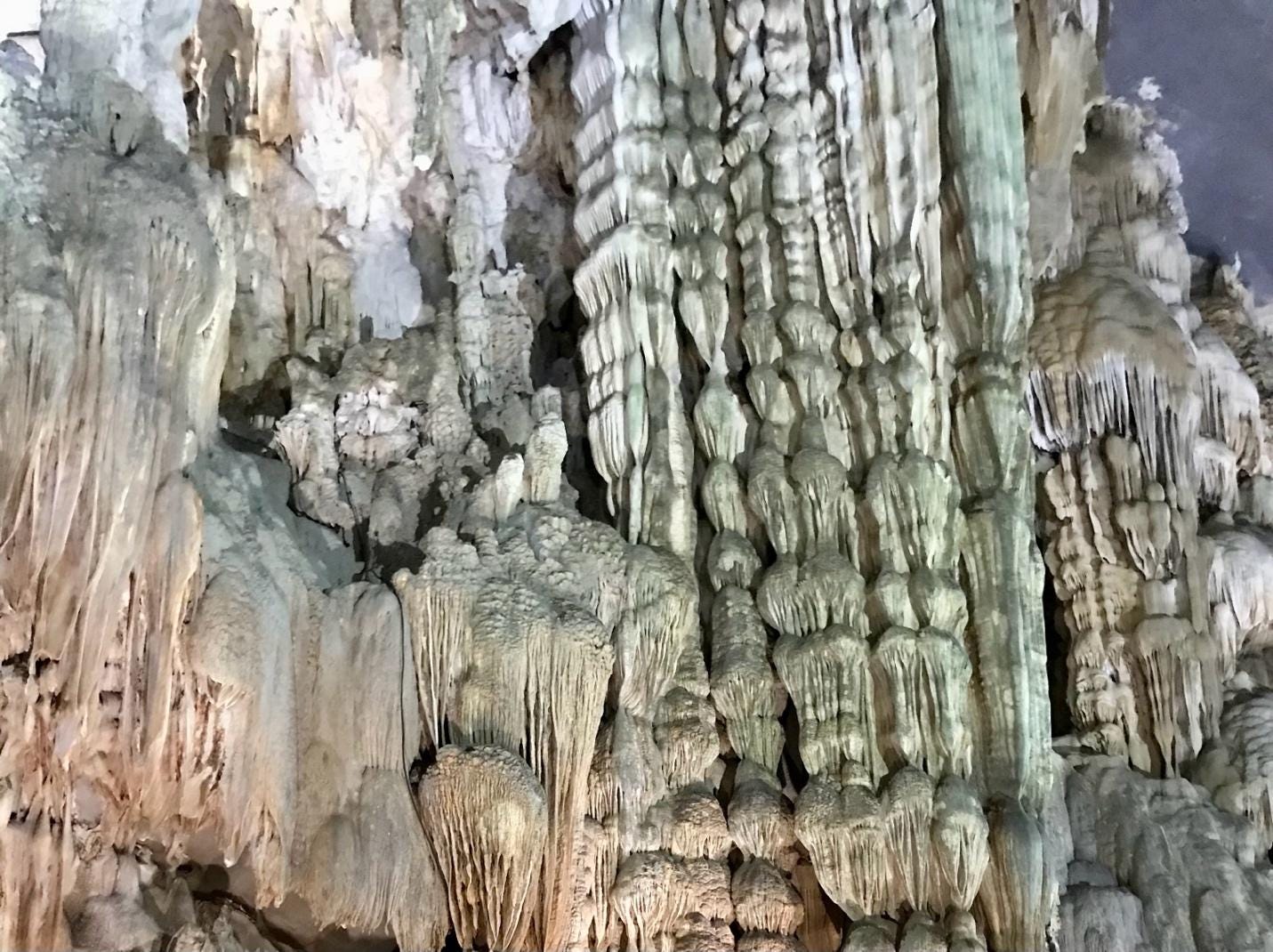
Meeting in Real Life
In the late spring of 2021, on my way to the Netherlands to be with my dying mother, I traveled through New York again and finally met Robin in real life. We were both vaccinated against COVID-19, but because her health was still so precarious, we wore face masks and met outside, in Central Park.
Being in her presence felt like a reunion, our friendship like an undeniable force. But we hadn’t arrived here by fate. We had cultivated our bond with patience and deliberation, like gardeners. We had read each other’s words, responded with heart, and harvested the fruits of our communication. Together we had made something real and inspired love.
Robin, in her beautiful singularity, made me a better traveler, a better writer, and—dare I say it?—a better person.
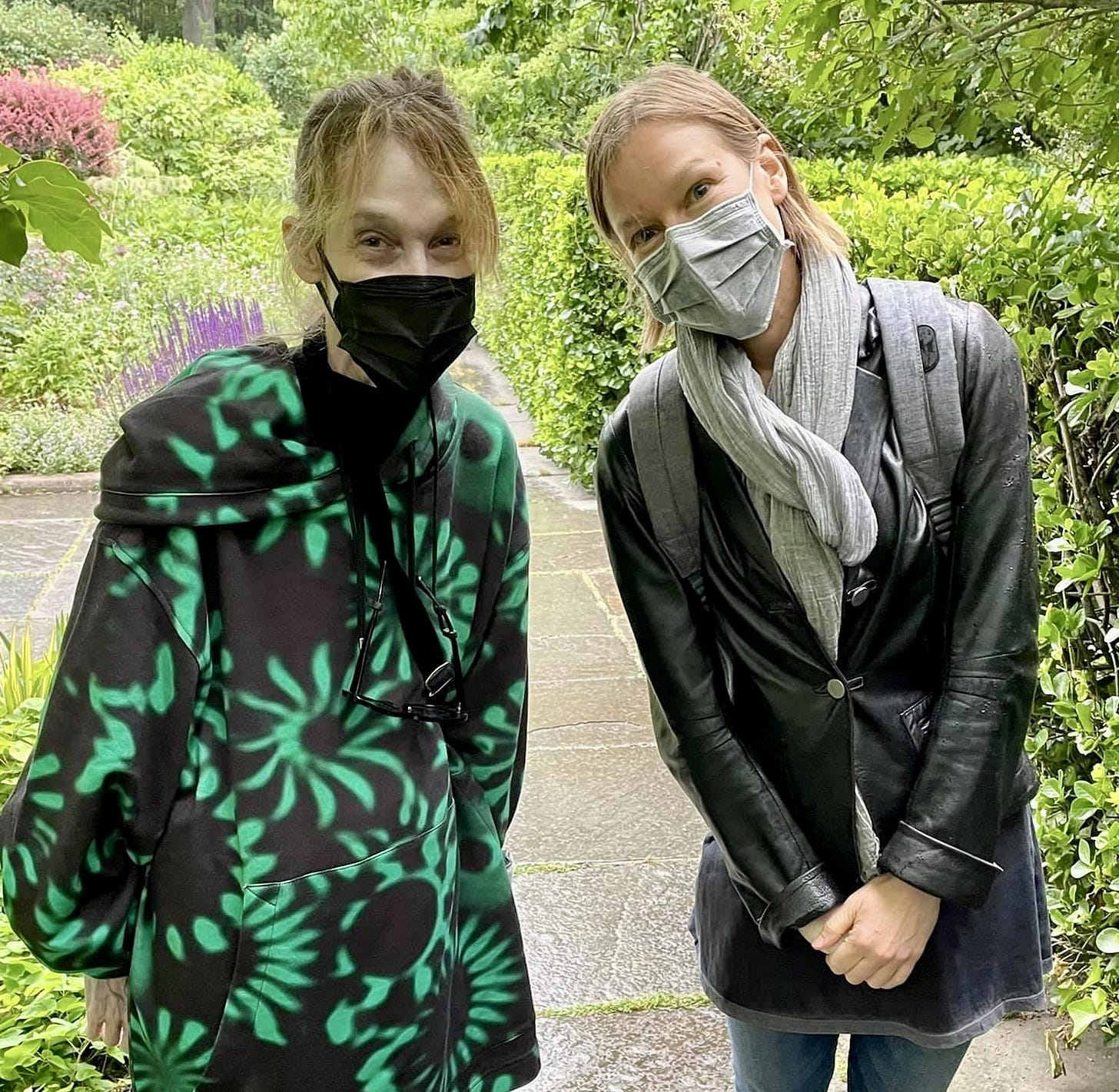
This essay was first published (in a slightly different version) by
. You can visit the original here and read some of its many comments. But I would appreciate it even more if you leave a comment of your own on this post below.I’m Claire Polders, a writer of fiction and nonfiction. Read about my books and more on my website www.clairepolders.com.
Author News
Woman of the Hour: Fifty Tales of Longing and Rebellion, my debut collection of flash fiction, is available now! You can order it directly from the publisher, on Bookshop, on Amazon, on Barnes&Noble and anywhere else where you go for your books.
SmokeLong Quarterly recently published a raving review of Woman of the Hour for which I am super grateful!
“Polders lives inside her flash, in that little flicker of time when an entire universe bursts alive, expands, and then disappears. Blink and it’s gone. But therein lies the power of Polders’ flash fiction. Each story deserves to be read twice over: first inhaled as quickly as possible, letting the explosion of tension and musicality hit you all at once. Then again, to savor each moment like a meditation.”
—Marcus Tan for SmokeLong Quarterly // Read the full review here.
And JMWW published an interview with me by my namesake Claire Ibarra.
We spoke about self-deception, the female experience, sexual consent, and the use of magical realism to turn personal stories into larger political narratives.
An excerpt from the interview:
Claire Ibarra: Your stories convey profound vulnerability and heartache while simultaneously the magnificent power, sensuality, and wisdom we share as women. What have you personally gained from this exploration of our collective memory?
Claire Polders: Thank you for this beautiful question. A full answer doesn’t immediately come to me, which means I should write an essay on the subject and discover through writing what I have gained.
Now, I can mention three things:
- I try harder to withhold judgement from others; we rarely know what brought someone to behave in a certain way.
- I’m more aware of subtle power dynamics in my own life and more willing to point them out.
- I’ve discovered that vulnerability and resilience are not opposites; sometimes we must take off all the masks and disarm ourselves to grow stronger.
Related Posts
If you enjoyed this post, you might also be interested in reading:
Time to Say Goodbye
After our adventure in Machu Picchu, and a week in Barranco (Lima) to recuperate, Daniel and I traveled to Iquitos to meet the mighty Amazon.
All my best,
Claire
P.S. Do you have a friend, family member, or remarkable reader who changed your life?



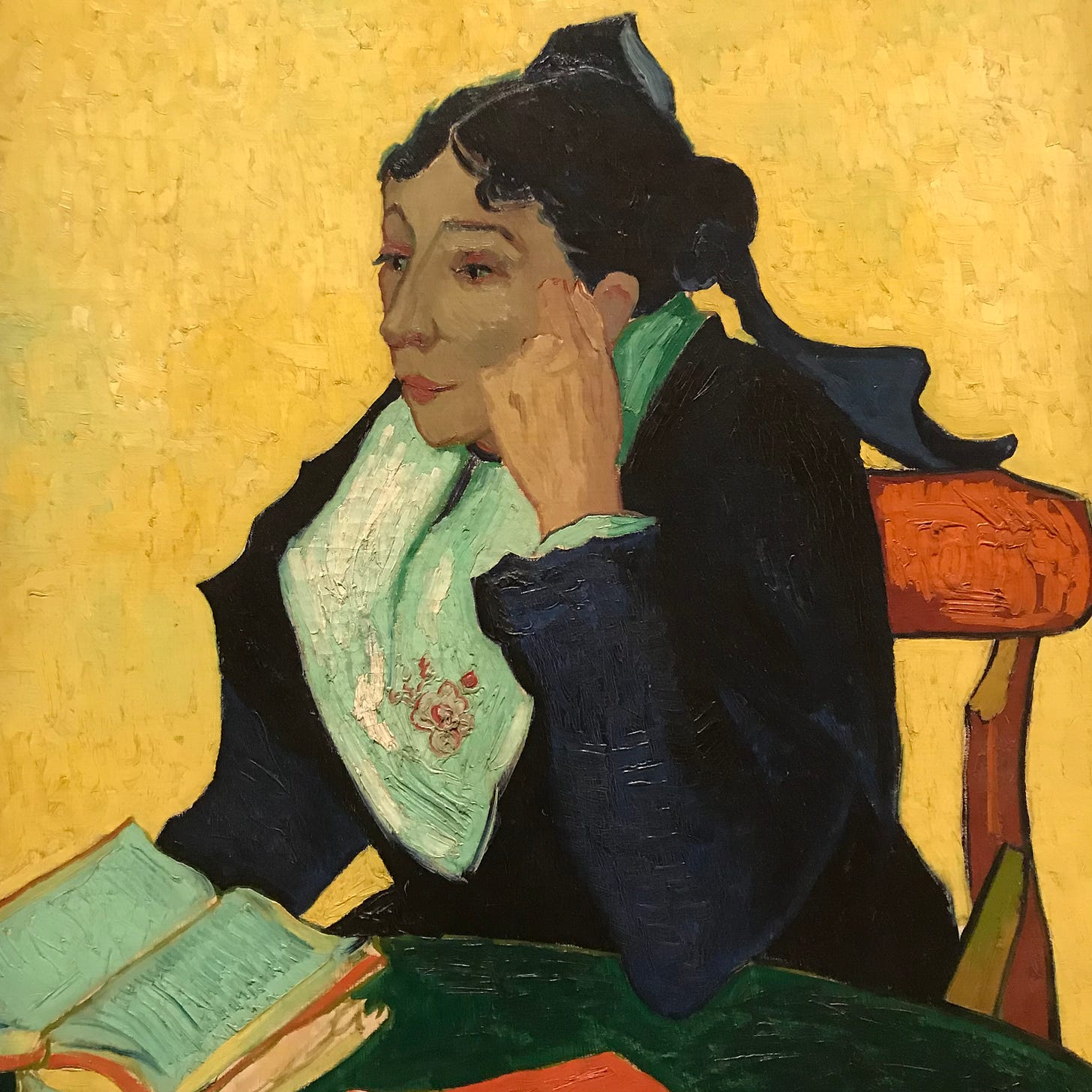
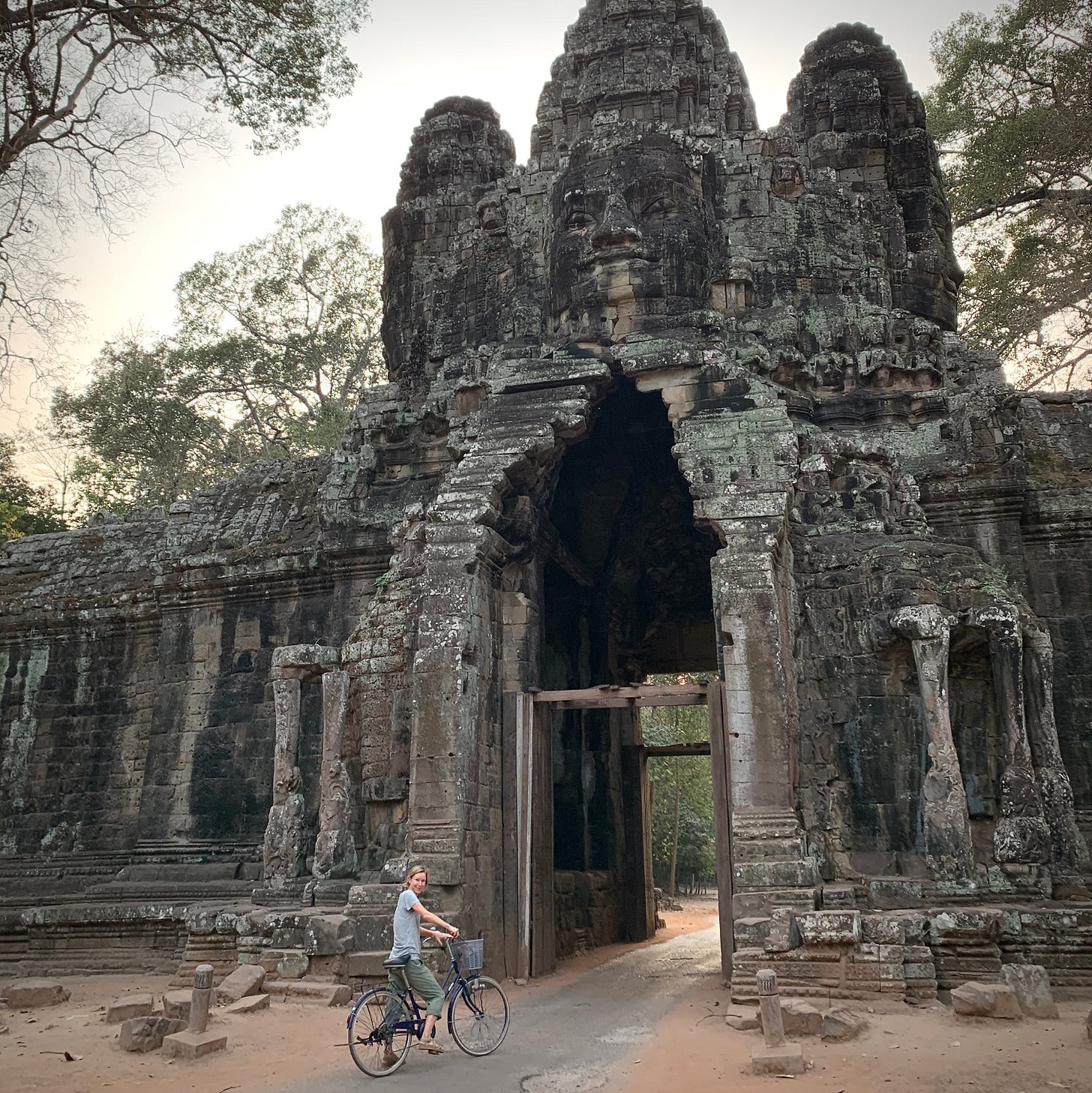
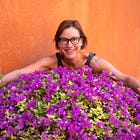


Such a beautiful story. As a health care professional, I could see from your photo that Robin was unwell when you finally met. Is she still with us?
Beautiful!